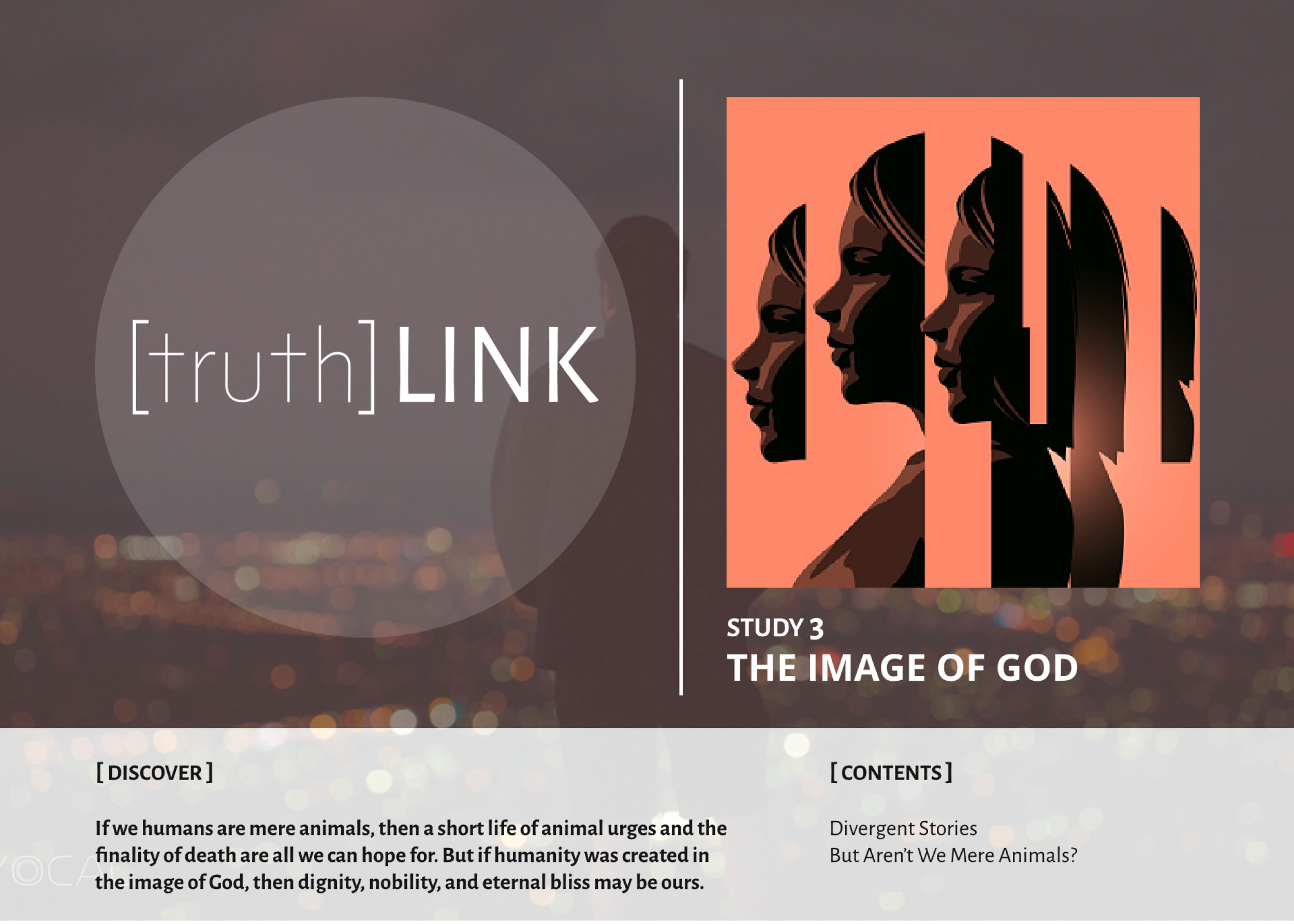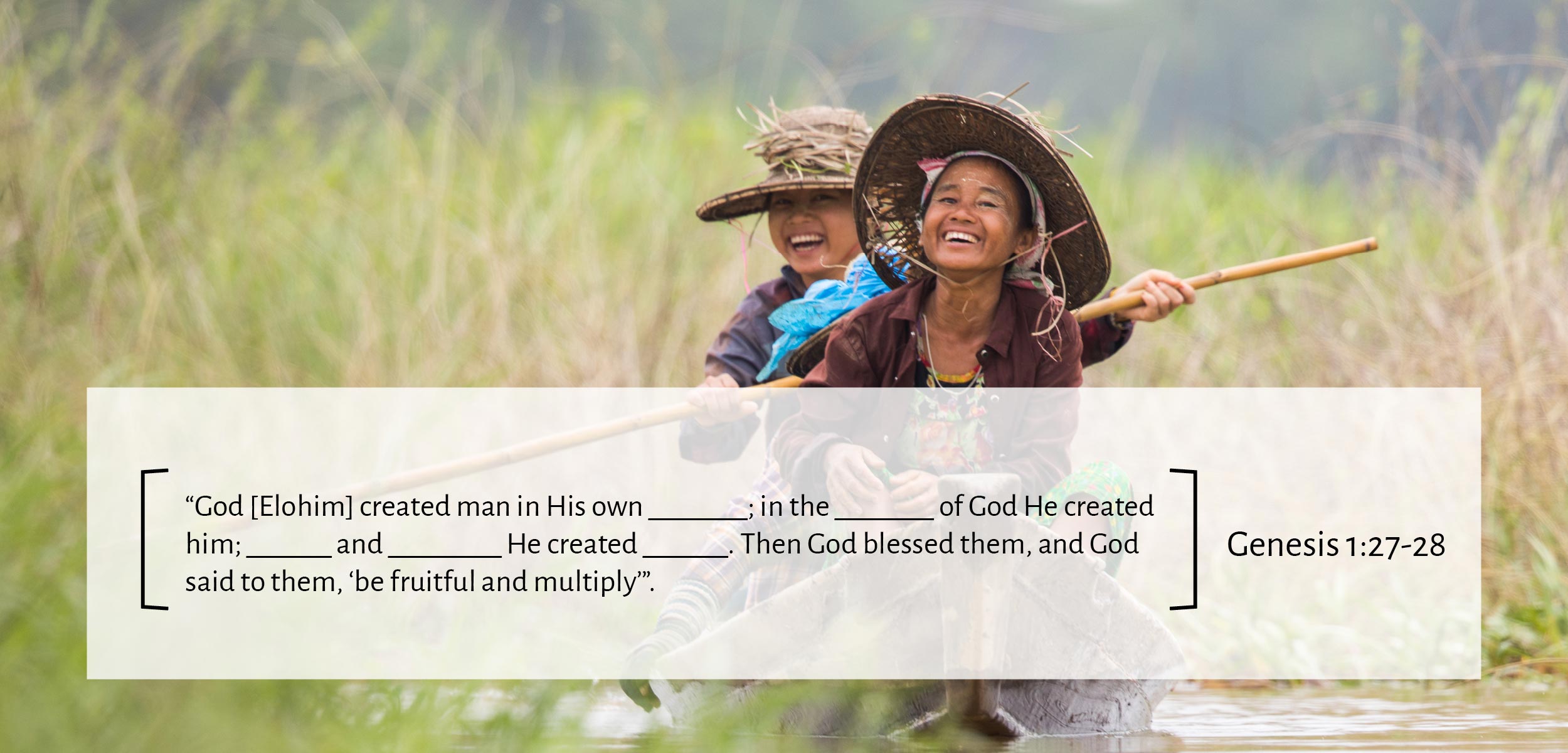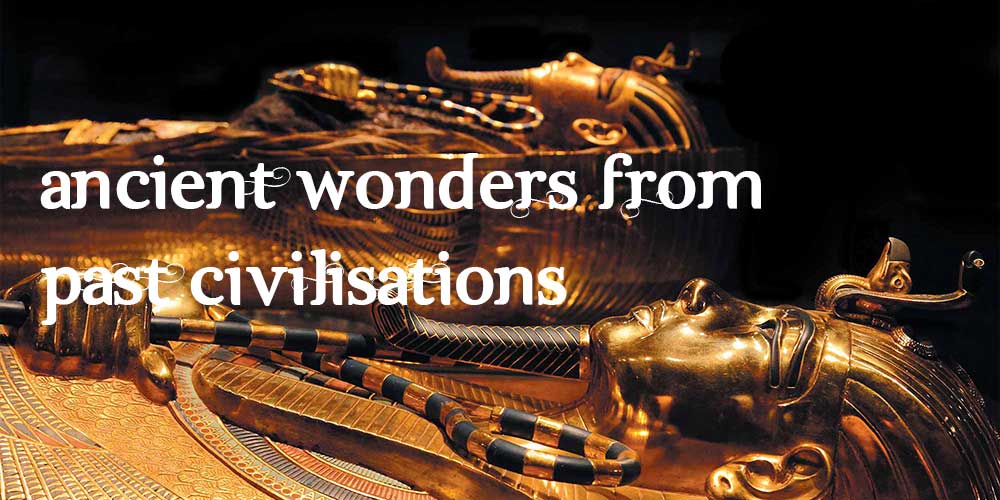
Divergent Stories
The Bible poses a question that we all ask in one form or another at some point in our lives:
“When I consider Your heavens, the work of Your fingers, the moon and the stars, which You have ordained, _______ is ______ that you are _________ of him?” (Psalm 8:3-4).
Here, King David stands in wonder at the vastness of the universe and he feels quite small by comparison. And yet, he also has a sense that he is hugely significant in God’s estimation. The question David has is simple, yet profound: What is our essential identity as mankind and why is God interested in us?
One popular story about human identity goes something like this: Once upon a time, there was nothing—no time, no space, no matter. Then, suddenly, about 13.9 billion years ago, there was a massive explosion from the nothingness, and from nothing came everything, including us. Life is a biological fluke generated by a blind and brutal evolutionary process, void of any transcendent meaning or lasting significance. We live by the law of selfishness, we grab what we can, we die, and that’s that. In due course, the human race and all other life forms will go extinct and the universe will implode on itself and return to the cold nothingness it once was. The end.
Not such a happy ending—or middle, or beginning, for that matter.
The Bible tells a radically different and, perhaps you will find, a more believable story. More believable because it harmonizes with our deeply embedded sense that we are something more than mere animals. We sense that we are conflicted creatures who have fallen from some elevated position of moral dignity, and that we are fraught with immense potential for relational bliss. So what does the Bible teach regarding the identity of humankind?
“In the beginning God created the heavens and the earth” (Genesis 1:1).
That’s how the story begins. Chapter one of Reality opens with the intentional creative act of a personal God. As the creation account of Genesis unfolds over the course of six days, a beautiful material environment takes shape until, at the climax of it all, we read:

Here we see that the image of God is composed of both the man and the woman as a relational unit with the ability to procreate a growing community of third-party relational circles. This makes total sense because, as we have previously discovered, God is a relational circle rather than a solitary self. In other words, “God is love” (1 John 4:16), which means that God is self-giving and other-centered. So when the Bible says that human beings are creatures of the divine image, it means that we possess the capacity to love like God loves.
Think this through: as God ventured forth with creation, only three conceivable possibilities lay before Him. He could create (1) machines, (2) slaves, or (3) free moral agents. Only the third option would be consistent with the aspirations of love. And so, here we are, beings of huge and magnificent significance, beings who possess the power to create real effects by our choices, effects that ripple into eternity with never-ending impact. We are beings endowed with the astounding uniqueness of individual personhood.
Compare Psalm 139:1-13, Psalm 56:8, Jeremiah 31:3, Matthew 10:29-31, and Acts 17:26-28 to discover how truly significant each of us is to God. Discuss what it means for God to be paying attention to our every thought and actions with interest, for God to notice all our tears, for God to have every hair on our heads numbered, and for God to providentially orchestrate key events of our lives with the hope that we would seek Him and find Him.
Each human being’s life carries what Paul calls “an eternal weight of glory” (2 Corinthians 4:17)—a weight of moral and relational significance that only eternity itself can measure. The influence exerted by each of our lives will never reach final calculation, but rather will ripple forever with effect. It lies within our power as human beings made in God’s image to actualize events and relationships of everlasting beauty that cannot come to pass apart from our individual choices.
Every act of love you perform constitutes an infinite moral good that makes a difference to the course of history and, therefore, to the eternal scheme of reality itself. If you speak a word of encouragement to a heavy heart, it matters on a grand and infinite scale. If you visit a sick person and envelop their heart in compassion, that deed means something of staggering eternal worth. If you feed a hungry child, doing so constitutes a crucial experience of generosity in that child’s existence, as well as in God’s existence as the One who loves that child as Himself. It is a marvelous and weighty thing to be a human being created in the image of God.
But Aren’t We Mere Animals?
Atheism is becoming increasingly popular in some circles due to the story of evolution being told by secular science. But is it rationally sound to deny the existence of God? And what are the implications of doing so?
If God does not exist, then human beings are nothing more than biological animals, mere material creatures governed by the instinct of self-preservation, here today and gone tomorrow. To accept this view of human identity would be to accept that life has no ultimate meaning, that the moral categories of good and evil do not actually exist, that all our notions of compassion, justice, and goodwill are false constructs we’ve made up, and that love is merely a powerful illusion. But we sense in our inmost hearts that this is not the case.
Consider this challenging insight from the Bible regarding atheism:
“The _______ has said in his heart, there is no ______” (Psalm 14:1).
This text isn’t meant to be a demeaning jab at the atheist, but rather a rational observation regarding the logical incoherence of atheism. Of course, many intelligent people refuse to believe in God because religion has often made God appear ugly and only worthy of unbelief. But here in Psalm 14:1 the Bible is offering an analytical observation regarding the general foolishness of denying God’s existence. It is foolish to say, “there is no God,” for the simple reason that if God did not exist it would never occur to us to wonder if He does. The fact is, only that which exists in some form occurs to human awareness and things that do not exist can never occur to our awareness. It is impossible for the human mind to conceive of anything that has absolutely no basis in reality. No negation statement is ever absolutely true. We cannot complete the sentence, “There is no ______________________,” without reference to existing realities. Even when we construct our wildest fictions, we have simply reassembled pieces of things that do exist. The fact that we conceive of God at all is evidence that a God of some sort does exist.
It is also intellectually incoherent to deny the existence of God for the simple reason that we all know life does have meaning, that good and evil do exist, and that we long for a totally trustworthy quality of love that finds no perfectly satisfying match in the current moral order of our broken world. Atheism is, therefore, counterintuitive and requires an intellectual and emotional leap away from what we know we are meant to be.
We all have a nagging suspicion, a divinely implanted intuition, that we are meant to be creatures of astounding nobility and that evil, suffering, and death are unnatural intruders. We can’t help but wonder if the reason we so persistently long for something more is because there is something more.
God “has planted eternity in the human heart” (Ecclesiastes 3:11, NLT).
There resides within us a sense of eternal realities that we find very difficult to shake off. Because we were made in the image of God, we can never be truly satisfied unless and until we return to God. Only God can fill the God-shaped hole in our hearts.
[CONNECT]
In Jesus Christ we see what it really means to be human as humans were originally created to be.
The key word in this study is “image.” We’ve seen that “God made mankind in His own image.” As we fast forward to the New Testament, we encounter strategic uses of the word again, this time pertaining to Jesus Christ as a new and restored manifestation of what it means to be human. In 2 Corinthians 4:4 Paul tells us that Jesus “is the image of God.” Hebrews 1:3 states that Jesus is “the brightness of His [God’s] glory and the express image of His person.” Jesus now carries the descriptive title, “the image of God,” because He is, in His humanity, the new pattern man. He is, as it were, a fresh enactment of the human experience, living once again in God’s love as originally intended.
Now, through identification with Jesus, “as we have borne the image of the man of dust [Adam], we shall also bear the image of the heavenly man [Jesus]” (1 Corinthians 15:49). The image of God may be restored in us through coming into trusting association with Christ. As we “behold” Him, Paul explains, we will be “transformed into the same image, from glory to glory” (2 Corinthians 3:18).
[EXPERIENCE]
I commit myself to “behold” Jesus and I look forward to being changed into His image.
To “behold” Jesus simply means to contemplate, examine, and become acquainted with His character and teachings. As we engage our hearts and minds in the transformative task of beholding Him, the Bible promises that God’s image will take on new and living form in our lives.
Phone 1300 300 389























